Unconditional Code - Michael Feathers (https://www.youtube.com/watch?v=AnZ0uTOerUI)


Null Object Pattern
 something bad has happened, but we’ll act like it didn’t
others: NaN, [], null, special case
something bad has happened, but we’ll act like it didn’t
others: NaN, [], null, special case
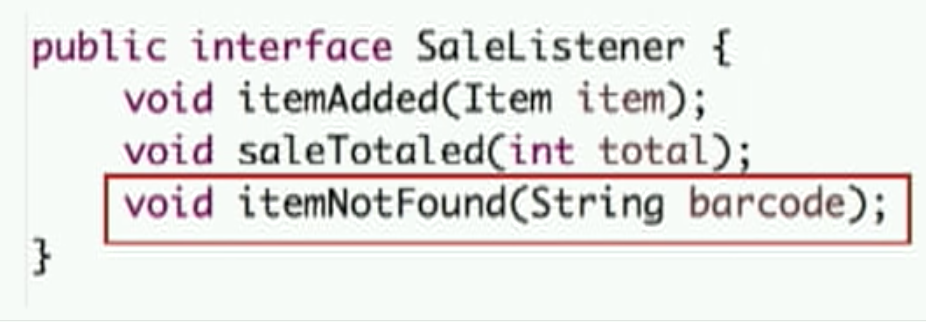 that error is part of our domain
that error is part of our domain
same in functional

 error has moved to the place where the error occurred
error has moved to the place where the error occurred
 when successful, do this
when successful, do this


-–
Example
 count # groups of ‘1’ (blue here)
count # groups of ‘1’ (blue here)
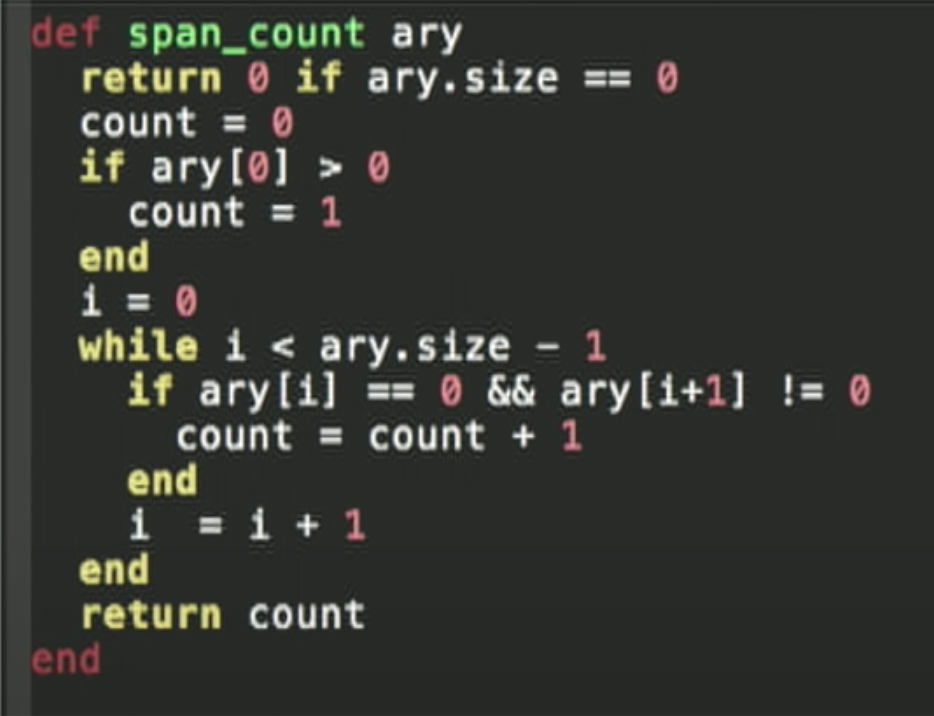 “edgy code”, it has a lot of edge cases
“edgy code”, it has a lot of edge cases
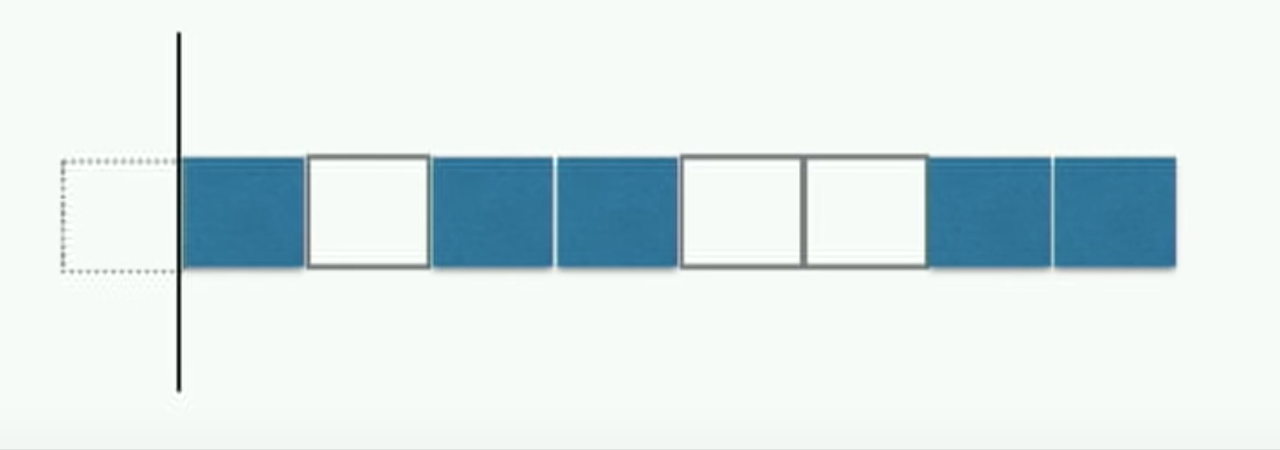 add 0 at front, removes one edge
add 0 at front, removes one edge
 we eliminated an edge, by extending the domain
we eliminated an edge, by extending the domain
example
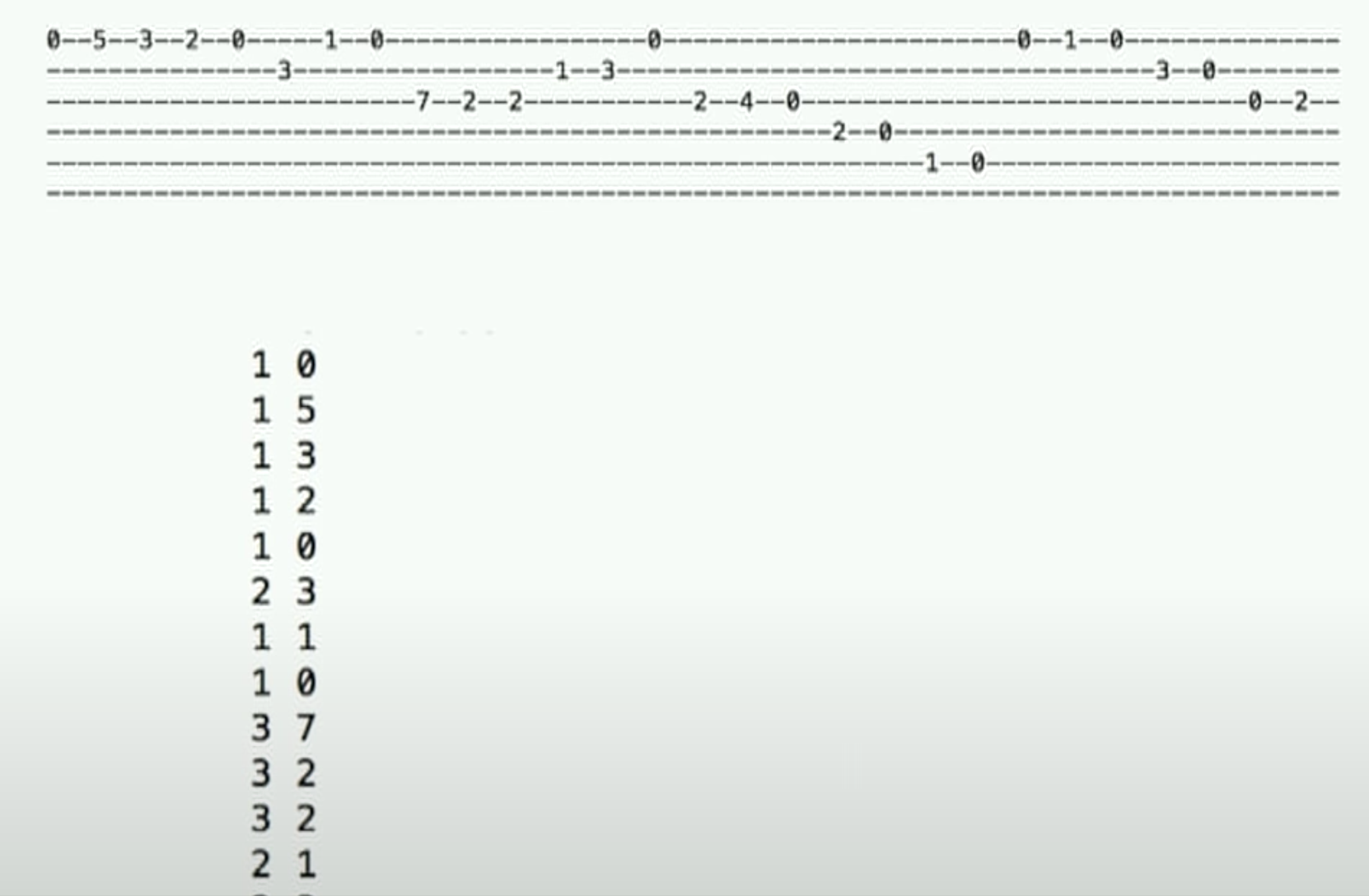
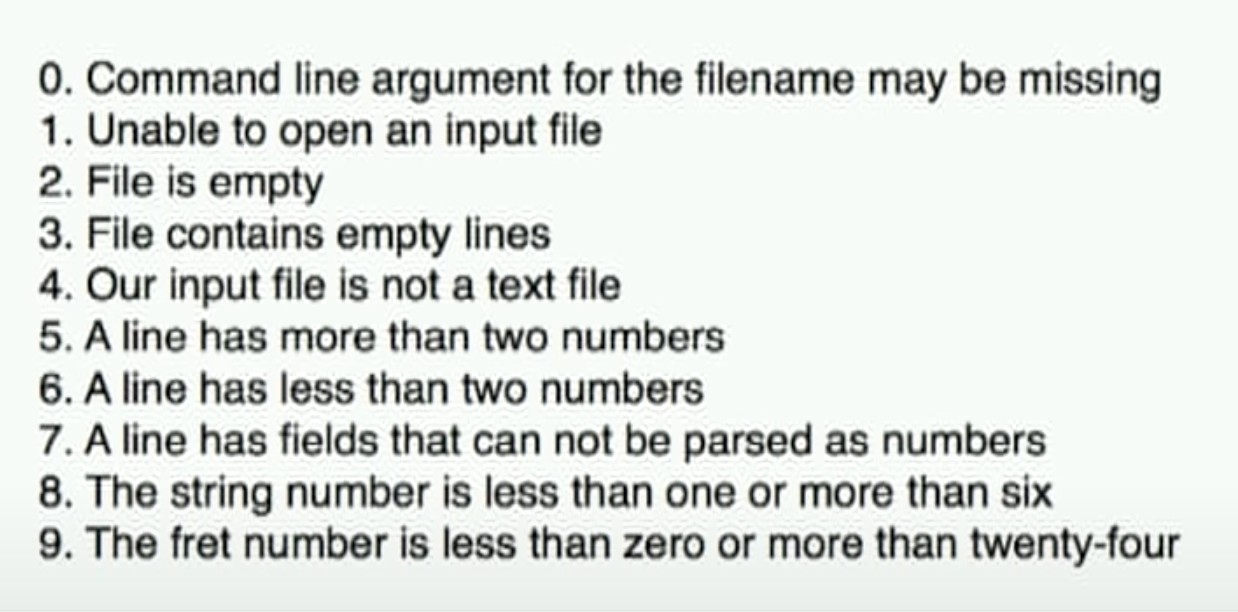
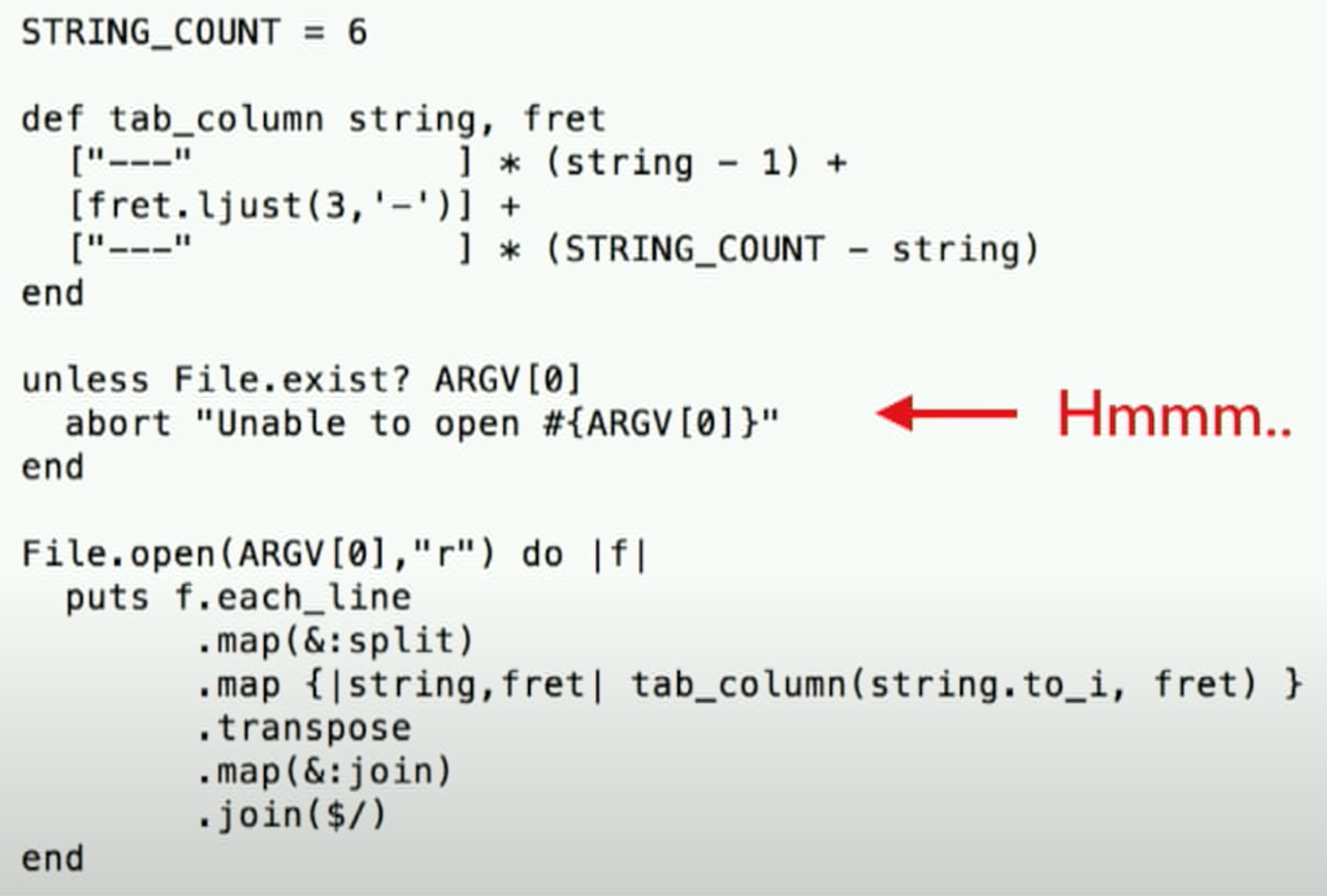
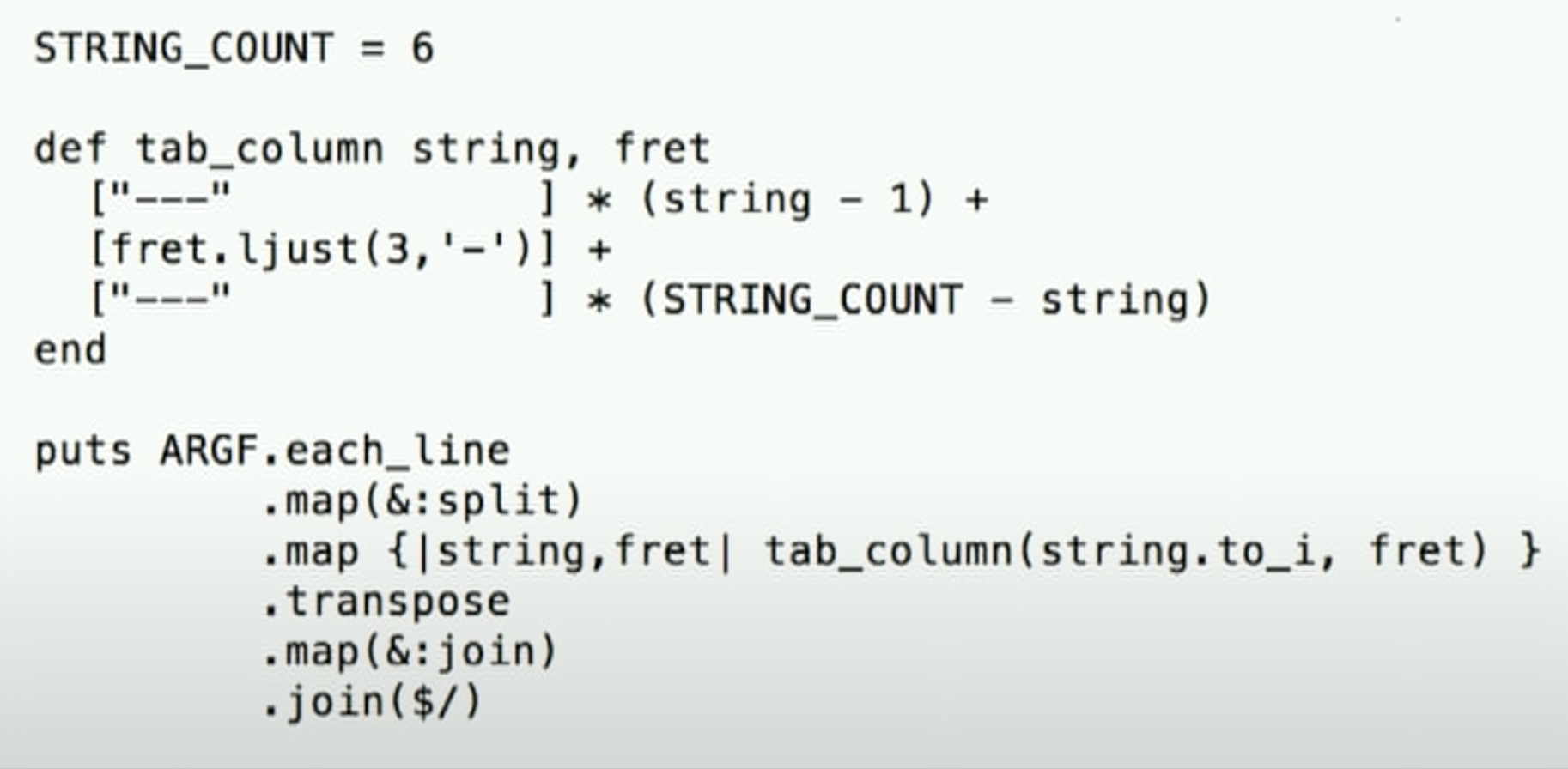 makes it more general, can now work with multiple files
generalizing the problem a bit, so that things that can occur can be okay
makes it more general, can now work with multiple files
generalizing the problem a bit, so that things that can occur can be okay
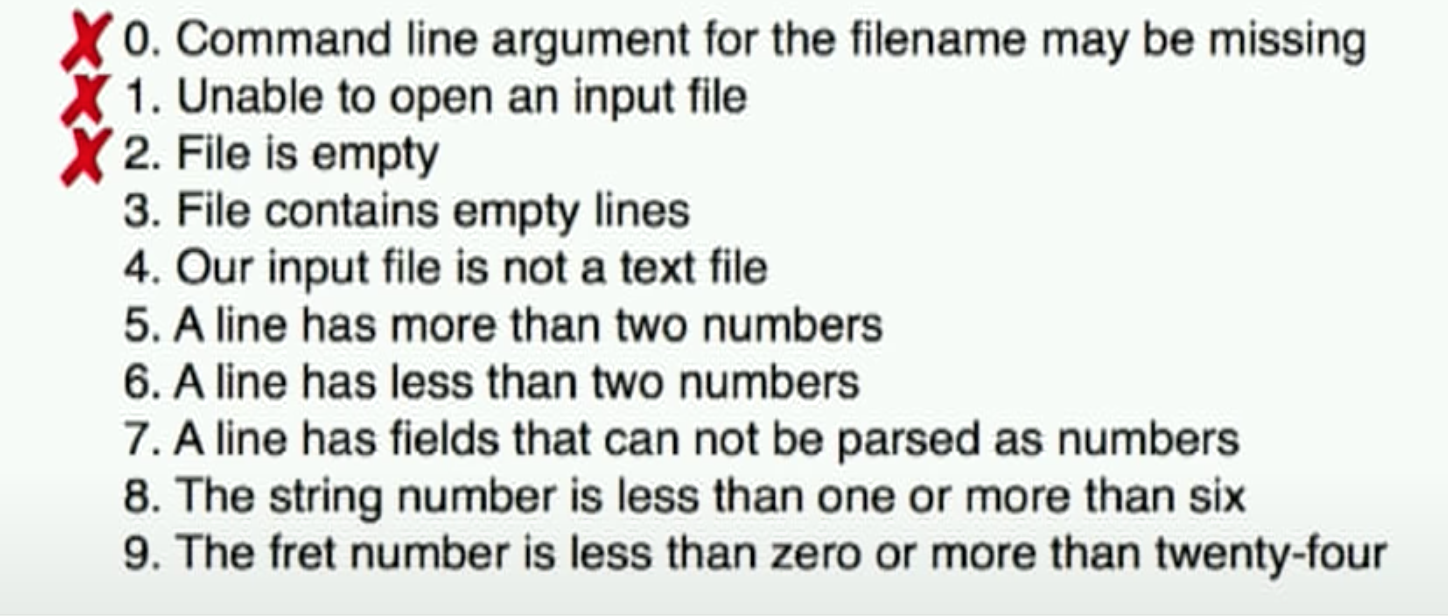
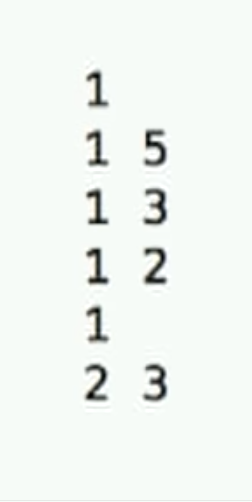 extend the range of input
so some things are not an error
extend the range of input
so some things are not an error
not here:

we do here:

make a bet: when you extend the domain, people will understand that

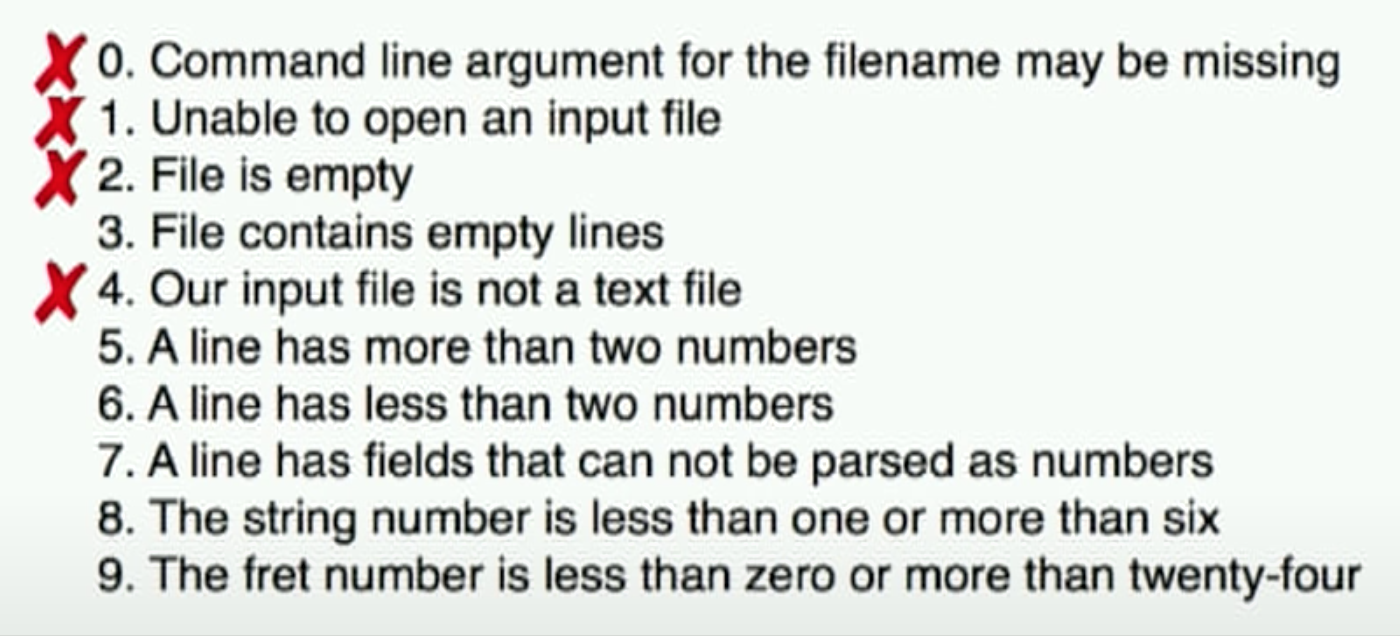
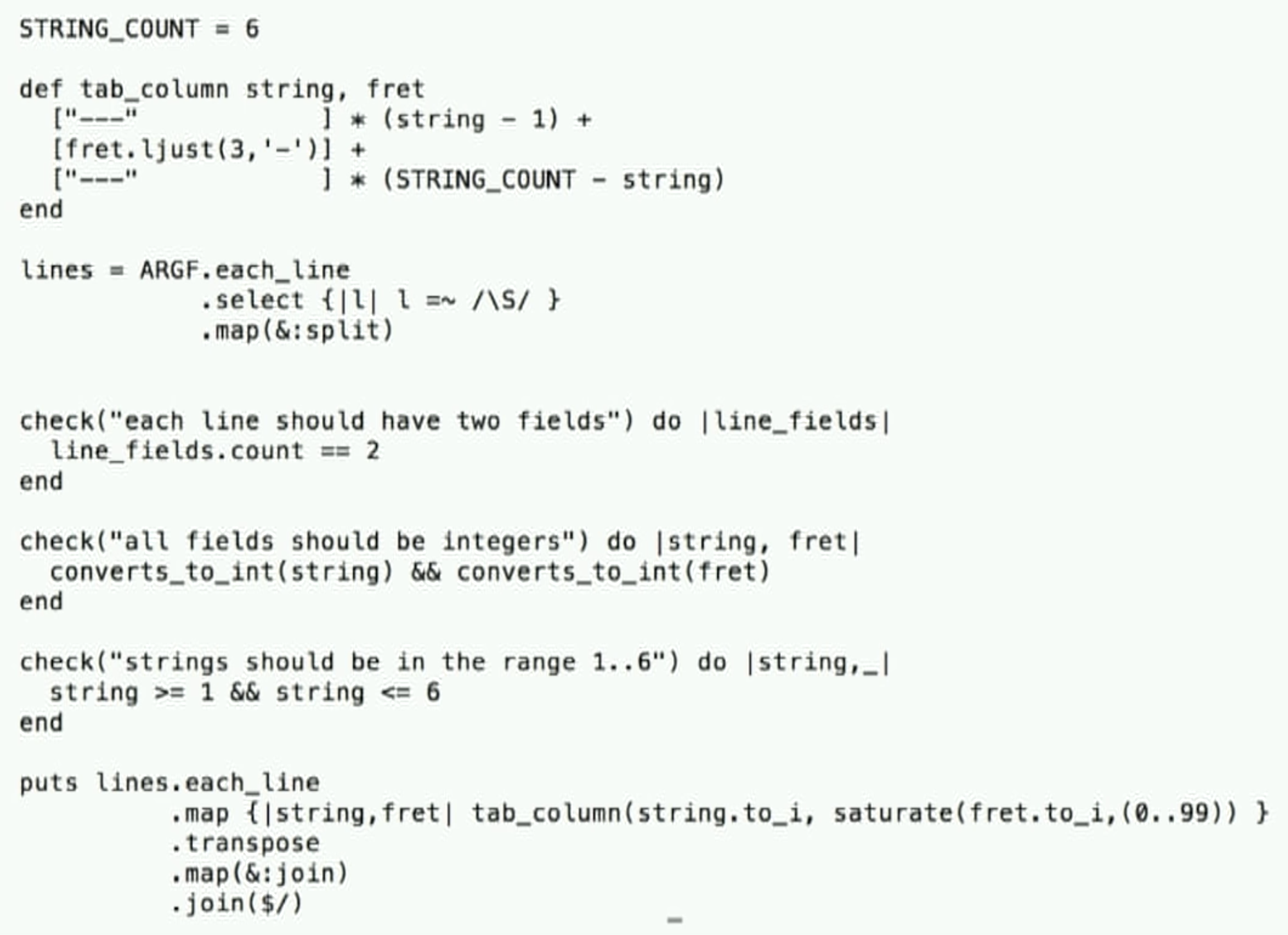
2 parts of the program
- checking
- do stuff
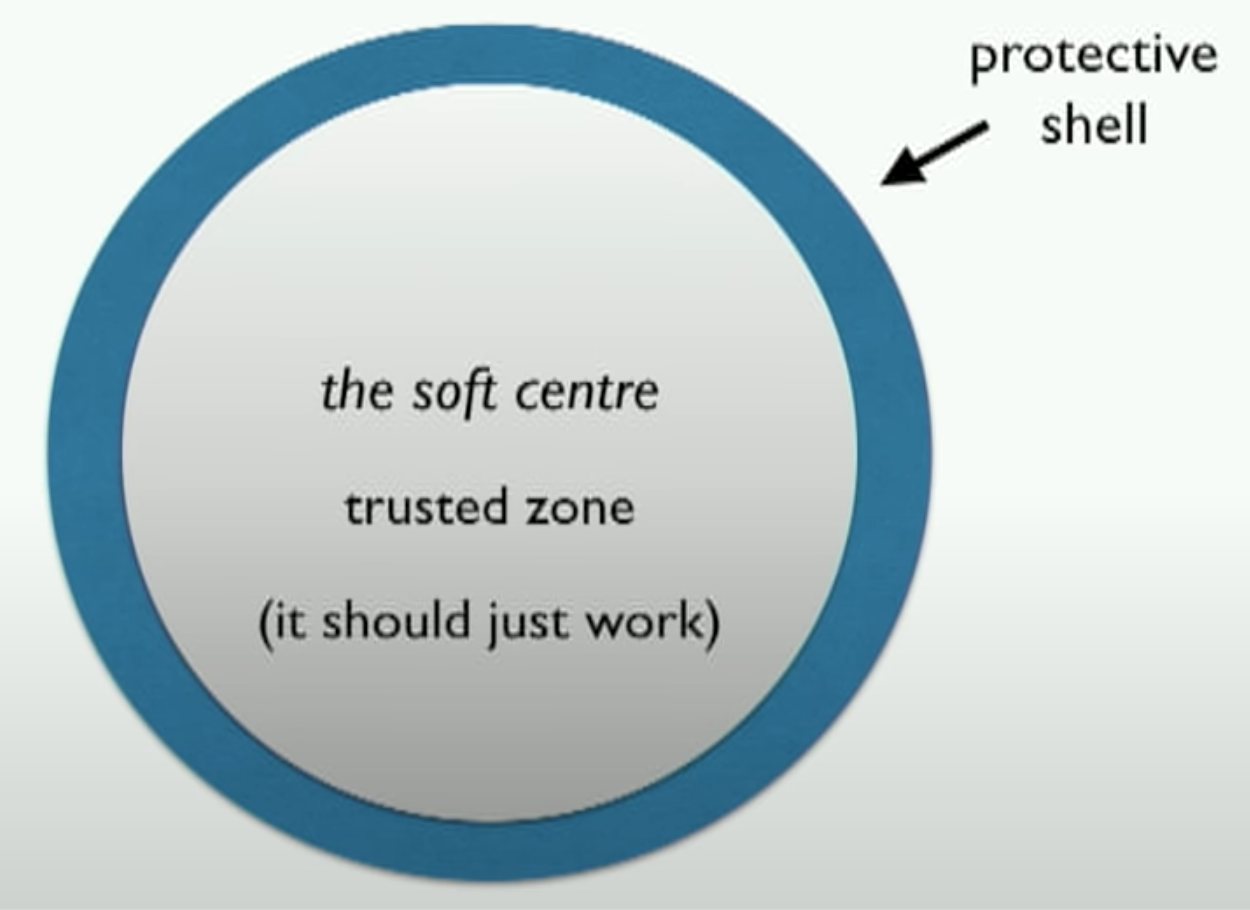 area where there is no need of error checking
area where there is no need of error checking
option monad in haskell, mimicked in haskell)
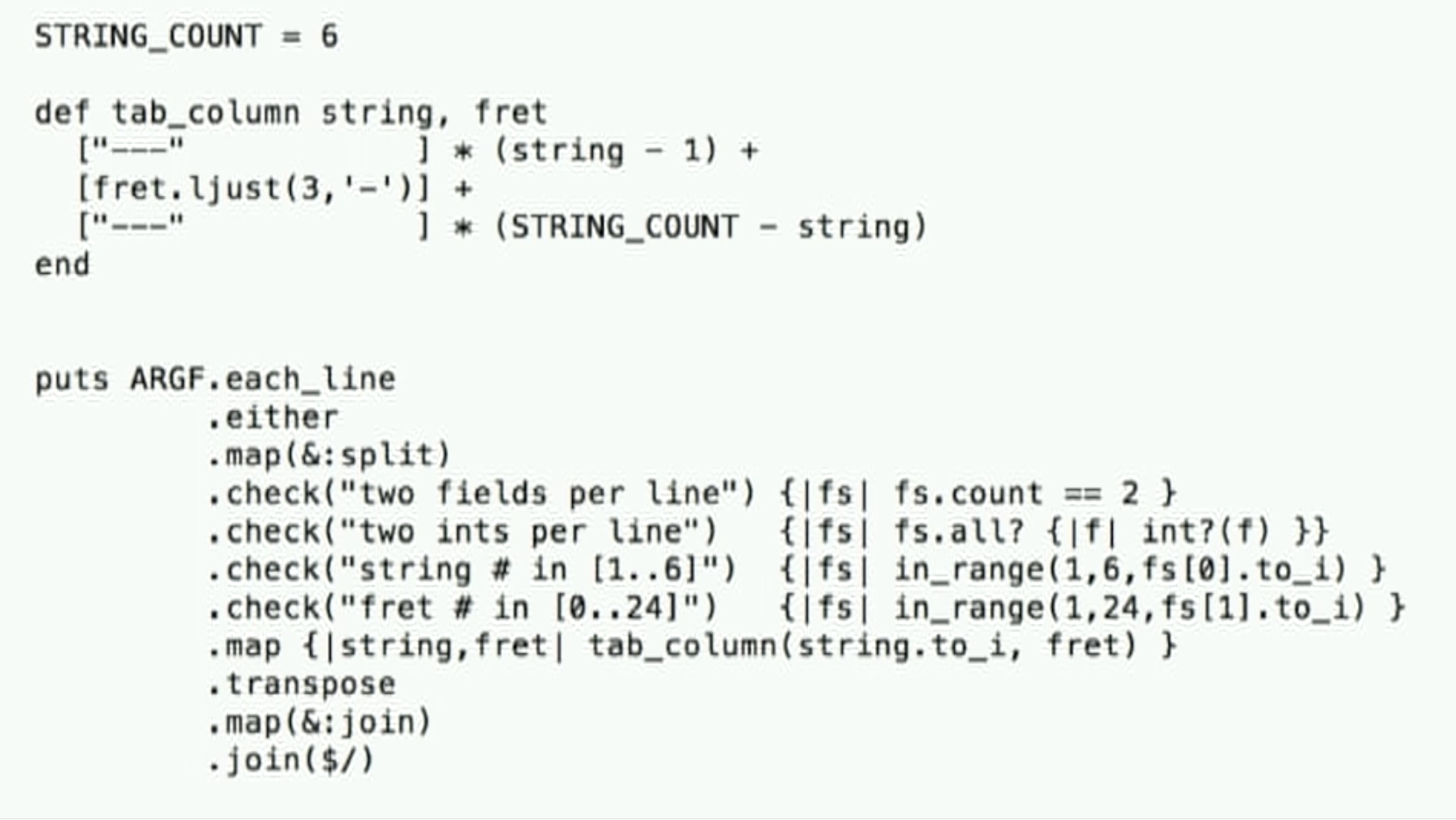 output =
- cumulative error message
- or
- actual output
=> mixed feeling
output =
- cumulative error message
- or
- actual output
=> mixed feeling
 exceptions should be like a time machine
(like transactions)
exceptions should be like a time machine
(like transactions)
intention can succeed or fail
example: shuffle
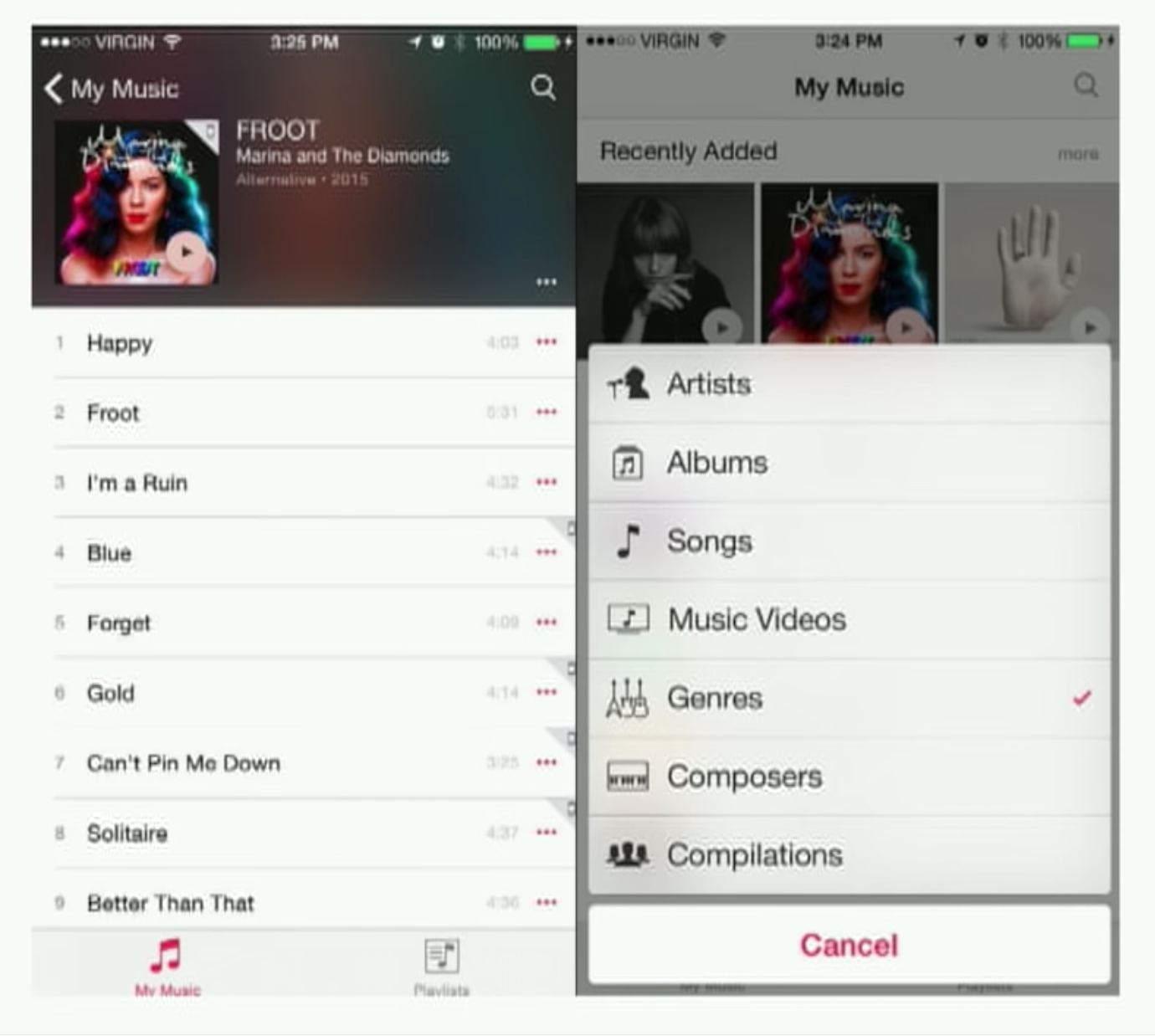
5 why when designing
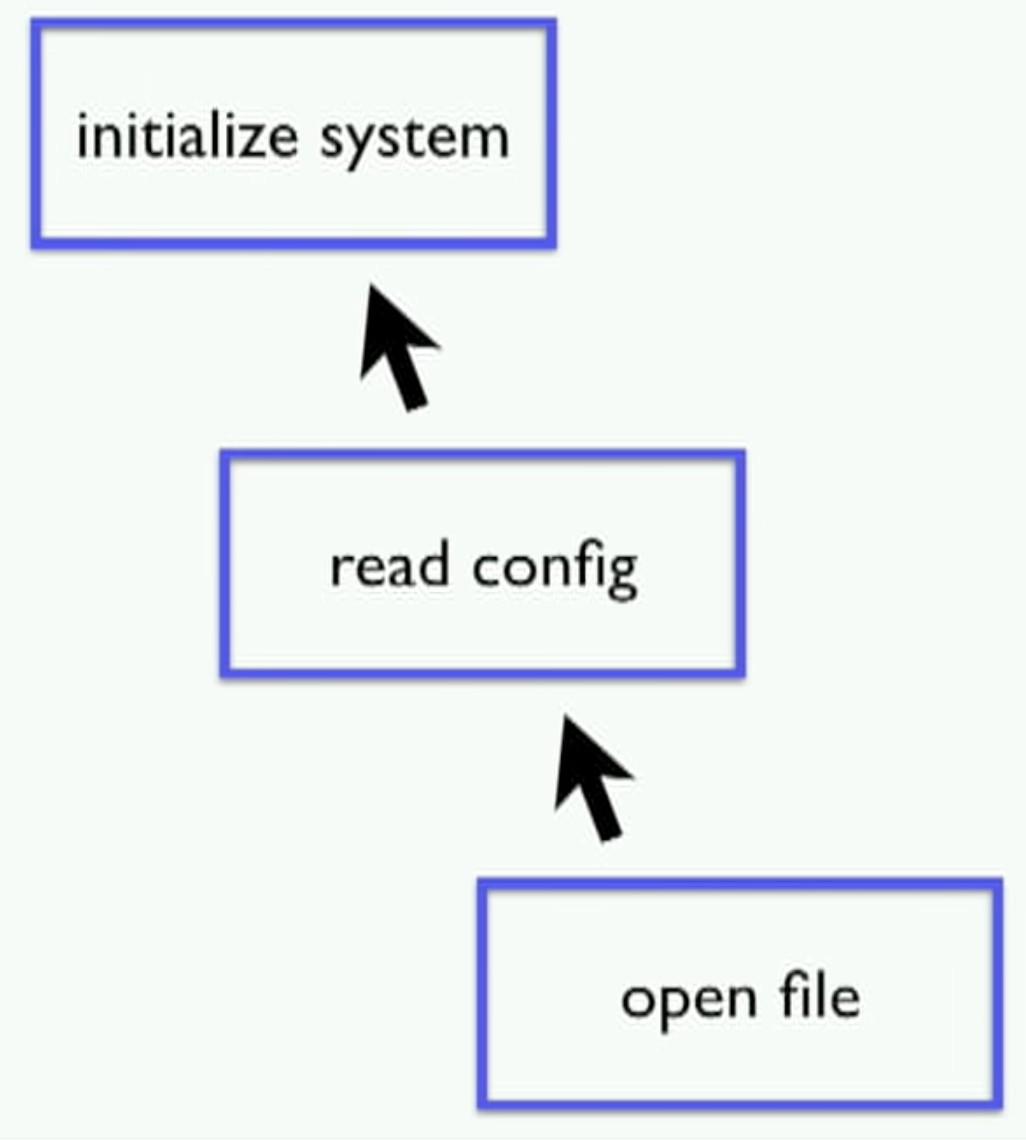
error handling: distance between detecting problem and what you go and do about it if I can’t read a config, can I use a default config + notify?
always question errors can’t eliminate entirely but can we restructure the system so as to remove this error?
tended systems vs untended systems



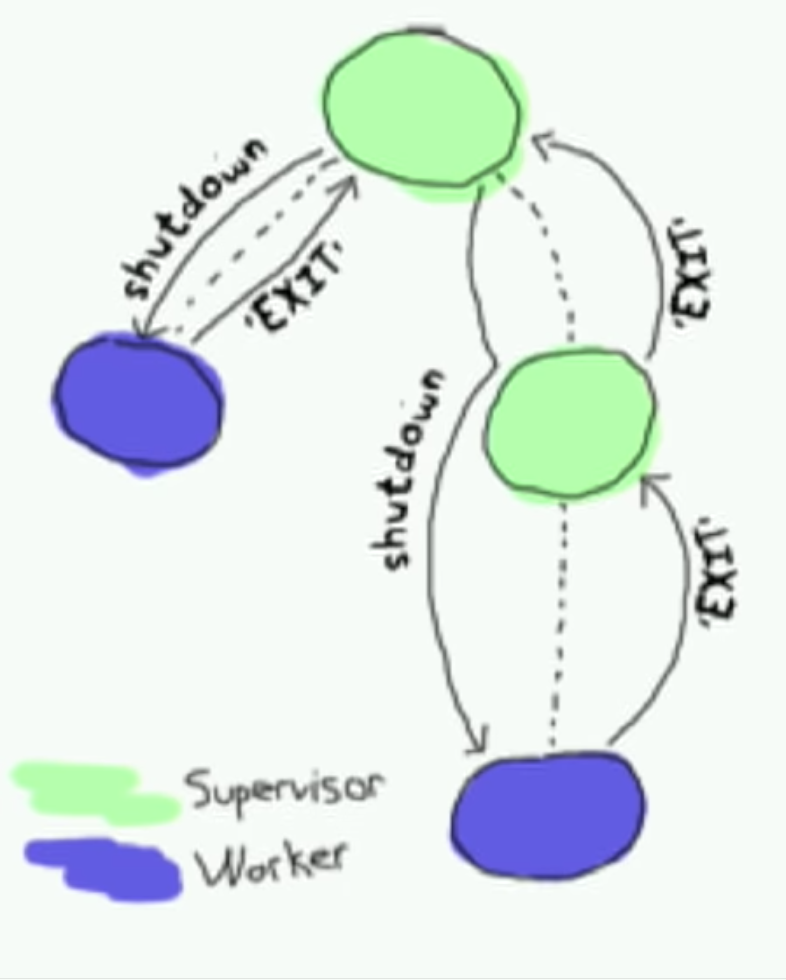
supervisor trees = mimic the human
cost choice safety choice



counter-intuitive
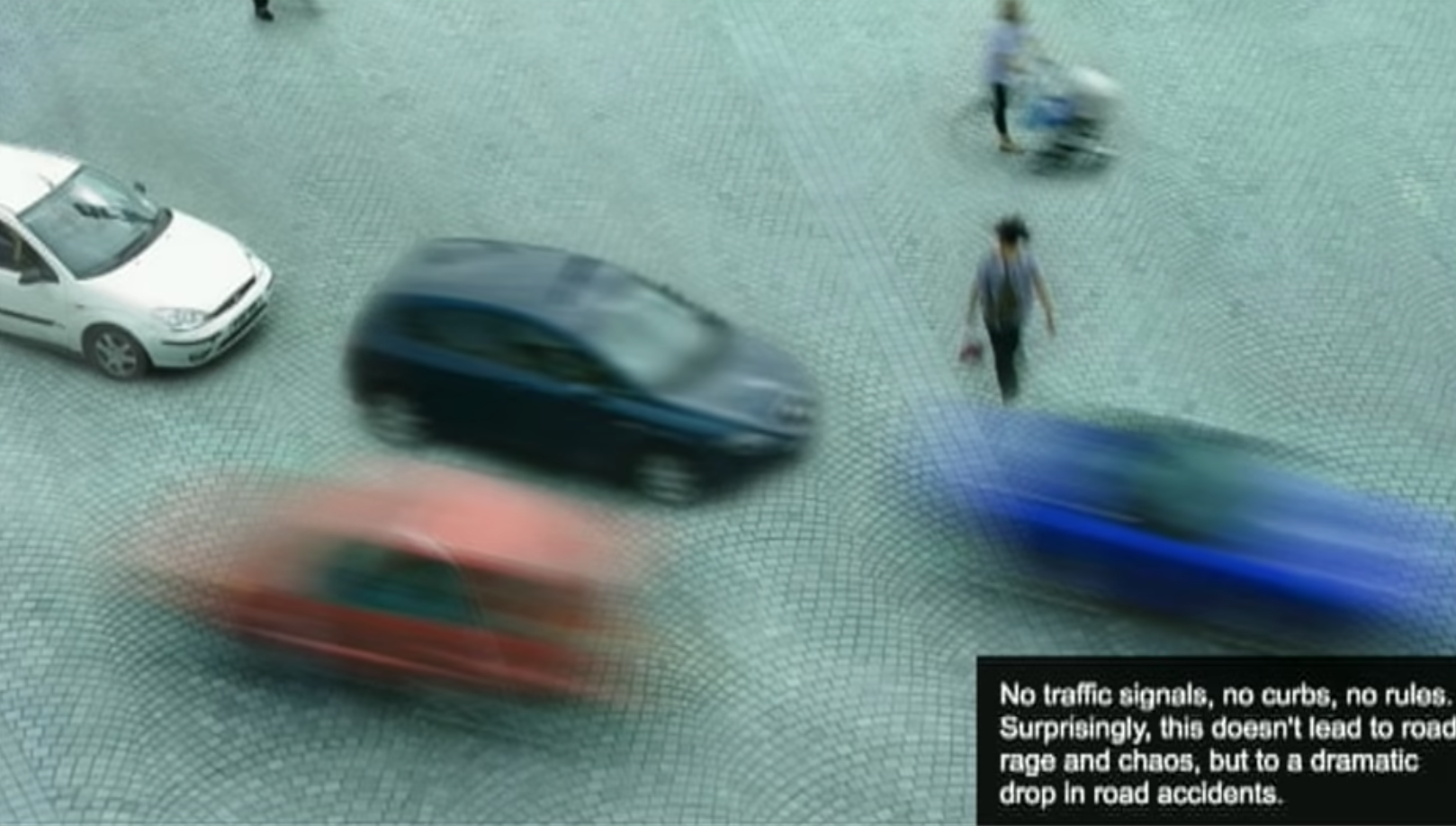 care happens when there is hazard
care happens when there is hazard
vs: rust - prevent things from happening erlang - react to when they happen
